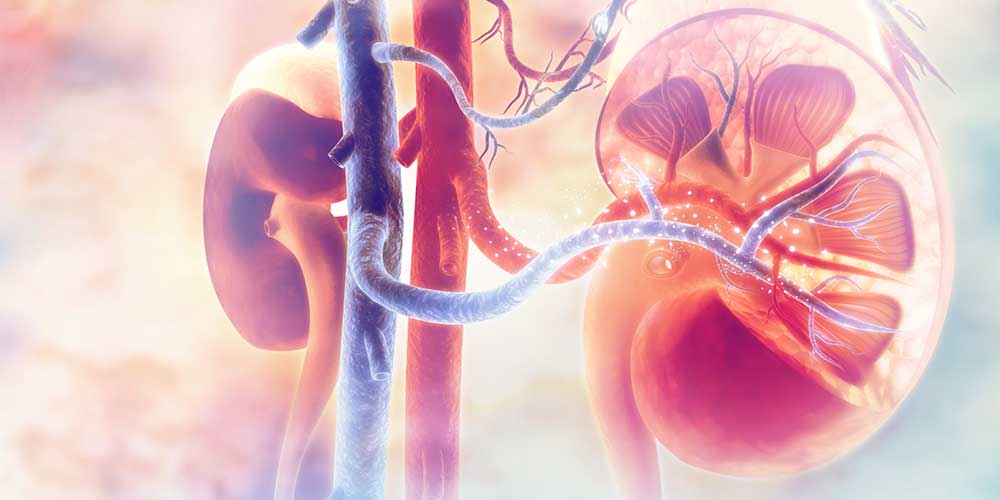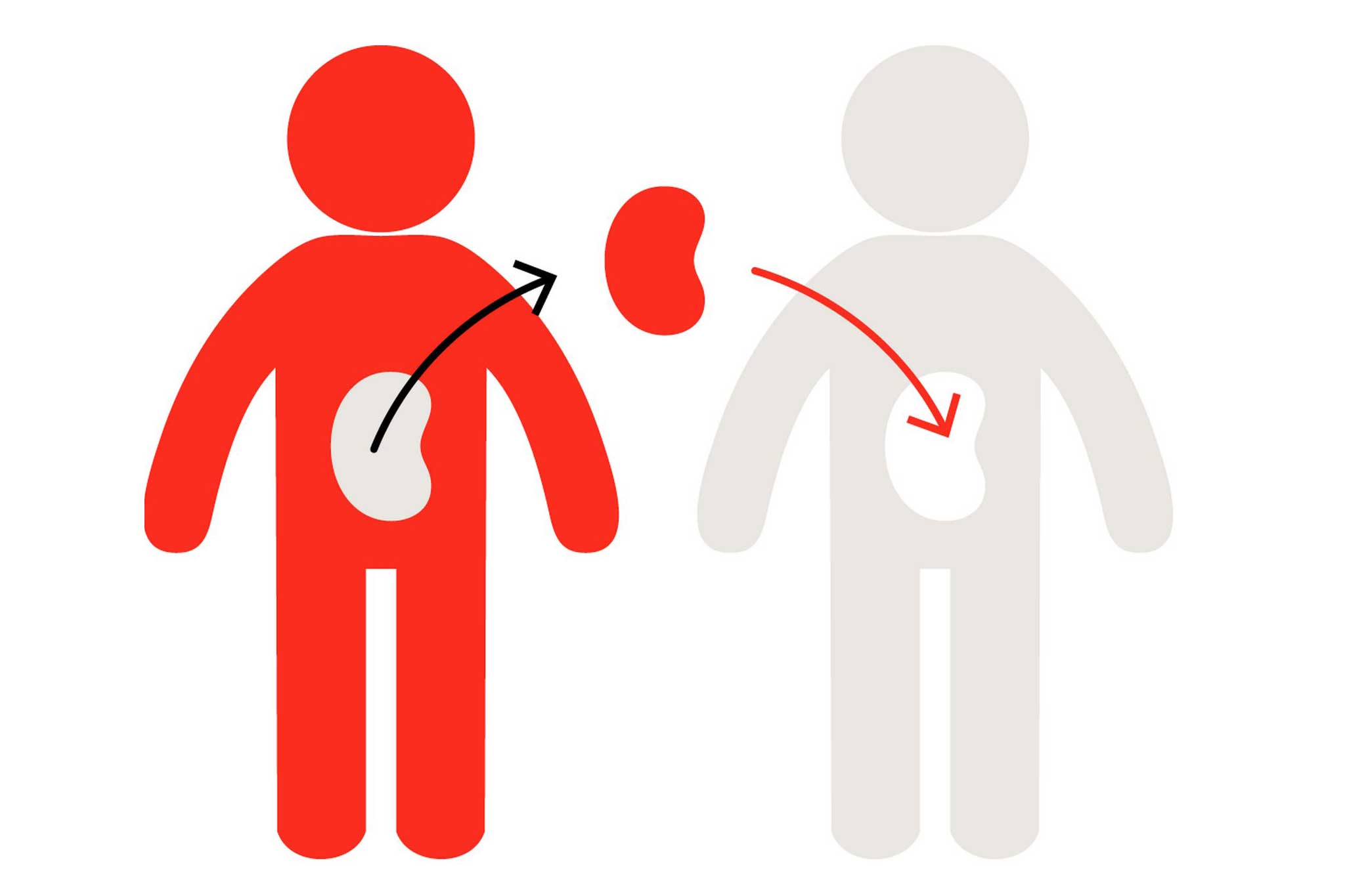
Quick Information | |
|---|---|
cost | from 13000$ to 14000$ |
Hospital Stay | 7 to 10 days |
Minimum Stay in Iran | 3 to 4 weeks |
Renal failure happens when the kidney stops working. End-stage renal disease happens when the kidney is not almost working and toxic waste products are accumulated in the body. The end-stage renal disease mostly occurs because of reasons like diabetes, high blood pressure, polycystic kidney disease, glomerulonephritis, and severe urinary tract anatomical problems. In this stage, patients need to undergo dialysis or have a kidney transplant. Donor kidneys for transplantation come from either a living donor or a deceased donor.

If you need more information on this topic and want to consult, contact us NOW.
The consultant medical doctors of TebMedTourism Co. are at your service for free.


Communication ways:
call us: +98 912 098 5010
Visit us: No.2, First 8 meter alley, Nobovvat sq., Tehran, Iran
Mail us: [email protected]

Comments & Questions